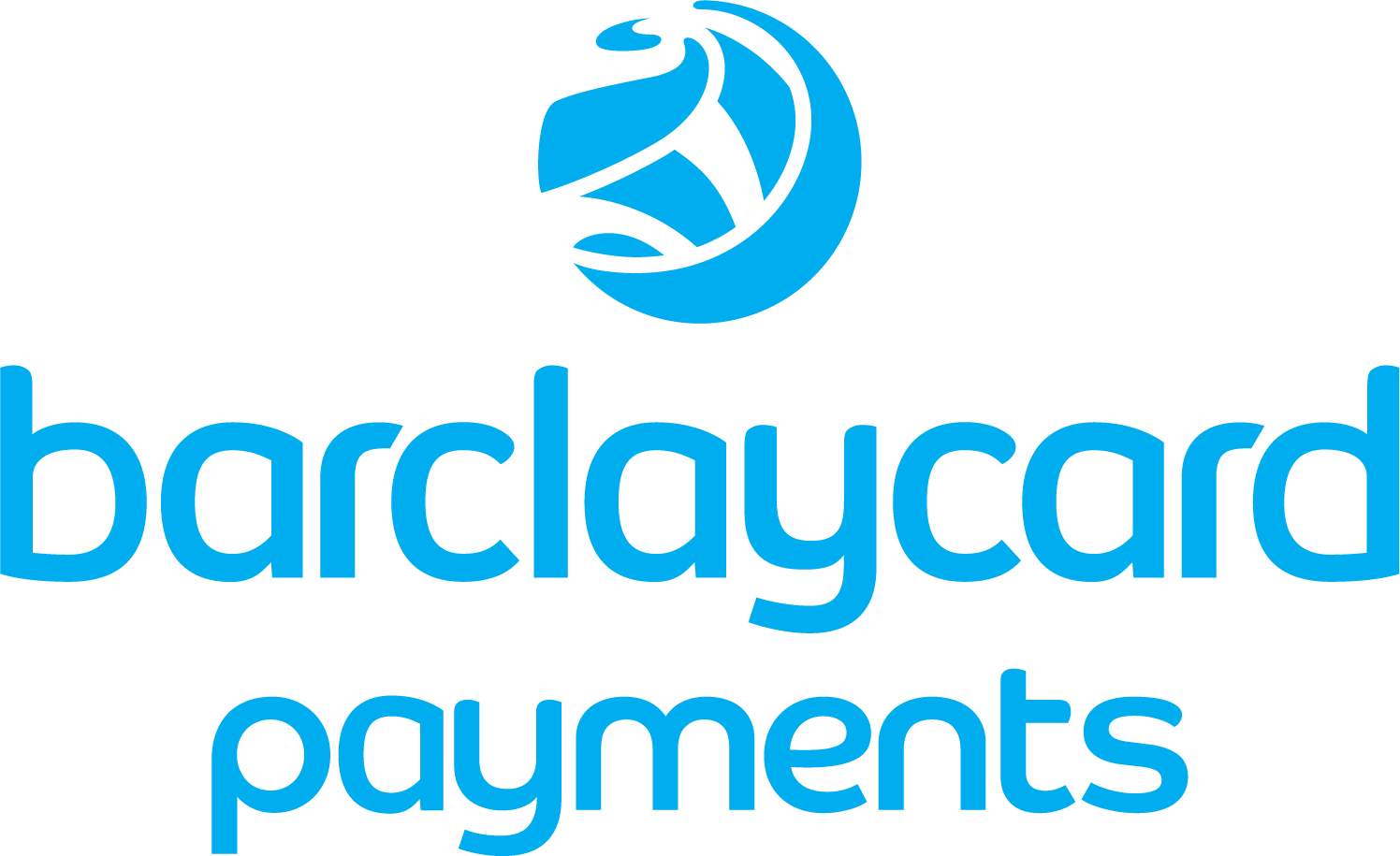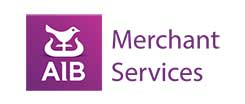- Accept card payments – lowest rates from 0.27%
- Keep your card processing fees to a minimum
- Direct access to the UK’s leading card processing banks
- We ensure your rates always remain competitive
No spam emails or calls
Choose from the payment methods then click Next
What's your turnover each month?
Enter the name of your company
Enter your company's postcode and contact number






Essential Guide to Efficient Payment Solutions for Your Business
In today’s fast-paced digital world, efficient payment solutions are no longer a luxury but a necessity for businesses of all sizes. Whether you’re a small start-up or a large enterprise, the way you handle payments can significantly impact your revenue, customer satisfaction, and overall operational efficiency. This guide explores the essential aspects of payment systems, payment service providers, and the latest trends in payment technology, tailored specifically for UK-based businesses. By the end of this article, you’ll have a clear understanding of how to manage payments effectively, reduce costs, and enhance security while staying ahead in competitive markets.
The Importance of Efficient Payment Solutions
Payment systems are the backbone of any business. They facilitate the exchange of money for goods and services, ensuring that transactions are completed smoothly and securely. In the UK, where cash is increasingly being replaced by digital payment methods, businesses must adapt to meet customer expectations. Offering a variety of payment options, such as debit cards, credit cards, Apple Pay, and online payment platforms, can help you attract and retain customers. Whether payments are made upfront, in instalments, or as recurring payments, ensuring that customers can easily get paid is crucial for business success.
Efficient payment solutions also streamline your financial management. With features like transaction history reporting, recurring payments for subscriptions, and automated settlement processes, you can save time and resources while reducing the risk of errors. Moreover, a robust payment infrastructure ensures that your business remains compliant with UK regulations, protecting both your company and your customers.
Understanding Payment Systems and Service Providers
A payment system refers to the technology and processes that enable the transfer of funds between parties. This includes everything from traditional methods like cheques and cash to modern solutions like mobile payments and digital wallets. In the UK, payment systems are highly regulated to ensure security and reliability.
A payment service provider (PSP) is a third-party company that facilitates online and offline payments for businesses. PSPs offer a range of services, including processing card details, managing recurring payments, and providing secure checkout solutions. Examples of popular PSPs in the UK include PayPal, Stripe, and Worldpay.
When choosing a payment service provider, consider factors such as fees, accepted payment methods, and the level of security built into their systems. For instance, Apple Pay is widely accepted in the UK and offers advanced security features like tokenization, which protects card details during transactions.
Definition and Overview of Payment Systems
A payment system is a set of common rules and procedures that support the transfer of funds between people, businesses, and financial institutions. It forms a critical component of the financial infrastructure, enabling the seamless exchange of goods and services. Payment systems can be categorized into various types, each with its unique characteristics, advantages, and disadvantages.
Real-Time Gross Settlement (RTGS) Systems are designed for high-value transactions that require immediate clearing and settlement. These systems process transactions individually in real-time, ensuring that funds are transferred instantly and irrevocably. This is particularly beneficial for businesses that need to manage large sums of money efficiently.
Delivery versus Payment (DvP) Systems are commonly used in securities trading. They ensure that the transfer of securities occurs only if the corresponding payment is made, thereby reducing the risk of one party defaulting on the transaction. This type of payment system is crucial for maintaining trust and stability in financial markets.
Deferred Net Settlement Systems aggregate multiple transactions over a period and settle them at specific intervals. This system is efficient for handling a large volume of low-value transactions, as it reduces the need for immediate fund transfers and minimizes the liquidity requirements for financial institutions.
Understanding these different types of payment systems helps businesses choose the most appropriate method for their specific needs, ensuring efficient and secure transactions.
Key Payment Methods for UK Businesses
-
Debit and Credit CardsDebit and credit cards remain the most popular payment methods in the UK. They offer convenience for customers and fast settlement for businesses. Ensure your payment system supports major card networks like Visa, Mastercard, and American Express.
-
Apple Pay and Mobile PaymentsMobile payment solutions like Apple Pay are gaining traction in the UK. They allow customers to pay using their phones, offering a seamless and secure checkout experience. This is particularly useful for businesses with a strong online presence.
-
Online Payment PlatformsPaying online is now the norm for many consumers. Platforms like PayPal and Stripe enable businesses to accept payments from customers around the world, supporting multiple currencies and providing robust security measures.
-
Recurring PaymentsFor businesses offering subscriptions or membership services, recurring payments are essential. They automate the billing process, ensuring a steady stream of income while reducing administrative costs. This method ensures that businesses get paid on time, improving cash flow and financial stability.
-
Bank Transfers and Direct DebitsBank transfers and direct debits are ideal for high-value transactions or B2B payments. They are secure and often have lower fees compared to card payments.
-
Cash and ChequesWhile cash and cheques are declining in popularity, they are still accepted by many businesses, particularly in sectors like property management or court-related services.
Parties Involved in Payment Systems
A payment system typically involves multiple parties, each playing a crucial role in facilitating transactions. The primary parties include the payer, the payee, the payment service provider, and financial institutions.
The payer is the individual or business that initiates the payment. This could be a customer purchasing goods online or a company settling an invoice. The payee is the recipient of the payment, such as a merchant or service provider.
The payment service provider (PSP) acts as an intermediary, facilitating the payment process. PSPs offer various services, including processing card details, managing recurring payments, and ensuring secure transactions. They play a vital role in making sure that payments are processed smoothly and efficiently.
Financial institutions, such as banks, provide the necessary infrastructure and services to support the payment system. They handle the actual transfer of funds between accounts, ensuring that the payer’s money reaches the payee. In some cases, additional parties like intermediaries or third-party service providers may be involved to enhance the payment process.
The collaboration between these parties ensures that payments are processed accurately and securely, providing a reliable framework for businesses and consumers alike.
Benefits of Efficient Payment Solutions
-
Improved Cash Flow ManagementEfficient payment systems ensure that funds are deposited into your account quickly, improving your cash flow and enabling you to manage expenses more effectively. By ensuring that you get paid promptly, these systems help maintain a healthy financial status for your business.
-
Enhanced Customer ExperienceOffering multiple payment options, such as Apple Pay, debit cards, and online payments, caters to diverse customer preferences, boosting satisfaction and loyalty.
-
Reduced CostsBy choosing a payment service provider with competitive fees and low transaction costs, you can save money and increase your revenue.
-
Advanced Security FeaturesModern payment systems come with security built-in, protecting sensitive card details and reducing the risk of fraud. This is especially important for businesses handling large volumes of transactions.
-
Streamlined Reporting and AccountingAutomated payment systems provide detailed transaction history and reporting, making it easier to track income, manage taxes, and prepare financial statements.
Security Considerations for Payment Systems
Security is a top priority for any business handling payments. In the UK, payment service providers must comply with strict regulations, such as the Payment Services Directive (PSD2), which mandates strong customer authentication (SCA) for online transactions.
Here are some key security features to look for in a payment system:
-
Tokenization: Replaces card details with unique tokens, ensuring that sensitive information is never exposed during transactions.
-
Encryption: Protects data as it is transferred between devices and servers.
-
Fraud Detection: Uses advanced algorithms to identify and prevent suspicious activity.
-
PCI DSS Compliance: Ensures that your payment system meets the highest security standards set by the Payment Card Industry.
Global Market and Governance
The global payment market is a complex and rapidly evolving landscape, with various payment systems and service providers operating across different regions and countries. The governance of payment systems is critical to ensuring their stability, security, and efficiency.
Regulatory bodies, such as central banks and financial regulatory authorities, play a crucial role in overseeing payment systems. They ensure compliance with relevant laws and regulations, safeguarding the integrity of financial transactions. For instance, the Payment Services Directive (PSD2) in the UK mandates strong customer authentication (SCA) for online transactions, enhancing security for consumers and businesses.
Industry associations and standards organizations, such as the Payment Card Industry Security Standards Council (PCI SSC), contribute to the development of standards and best practices for payment systems. These organizations work to establish guidelines that ensure the security and efficiency of payment processes, protecting sensitive card details and reducing the risk of fraud.
As the global payment market continues to grow, businesses must stay informed about regulatory changes and industry standards. By working with compliant payment service providers and adhering to best practices, businesses can ensure that their payment systems remain secure and efficient, fostering trust and reliability in their financial transactions.
The Future of Payment Solutions
The payment landscape is constantly evolving, driven by advancements in technology and changing consumer behaviour. Here are some trends to watch:
-
Contactless Payments
Contactless payments, including Apple Pay and other mobile wallets, are expected to grow in popularity, offering a faster and more convenient checkout experience. -
Cryptocurrency Payments
While still in its early stages, cryptocurrency is gaining acceptance in some markets. Businesses that embrace this trend may gain a competitive edge. -
AI and Machine Learning
These technologies are being used to enhance fraud detection, personalize customer experiences, and optimize payment processes. -
Cross-Border Payments
As businesses expand into global markets, the demand for efficient cross-border payment solutions will increase. Look for payment service providers that offer competitive exchange rates and support multiple currencies. -
Subscription-Based Models
With the rise of subscription services, recurring payments will become even more important. Businesses should invest in systems that make it easy to manage subscriptions and billing.
Choosing the Right Payment Solution for Your Business
Selecting the right payment system depends on your business needs, target audience, and industry. Here are some steps to help you make an informed decision:
-
Assess Your RequirementsConsider factors like transaction volume, average purchase value, and the types of payment methods your customers prefer. Ensure that the chosen methods allow you to get paid efficiently and securely.
-
Compare Fees and CostsLook for a payment service provider with transparent pricing and low fees. Be sure to account for setup costs, transaction fees, and any additional charges.
-
Evaluate Security FeaturesChoose a system with robust security measures to protect your business and customers from fraud.
-
Test the User ExperienceEnsure that the payment process is seamless and user-friendly, both for your customers and your team.
-
Check Integration OptionsYour payment system should integrate easily with your existing infrastructure, such as your e-commerce platform or accounting software.
Efficient payment solutions are essential for the success of any UK-based business. By understanding the different types of payment systems, working with reliable payment service providers, and staying ahead of industry trends, you can streamline your operations, reduce costs, and deliver a superior customer experience. Whether you’re accepting payments via debit cards, Apple Pay, or online platforms, investing in the right payment infrastructure will help you grow your business and achieve long-term success.
As the payment landscape continues to evolve, businesses that embrace innovation and prioritize security will be best positioned to thrive in the future. Start exploring your options today and take the first step toward building a more efficient and profitable payment system for your business.
By implementing the strategies and insights outlined in this guide, your business can unlock new opportunities, enhance customer satisfaction, and drive revenue growth. Remember, the right payment solution is not just about accepting money—it’s about creating value for your customers and your company.